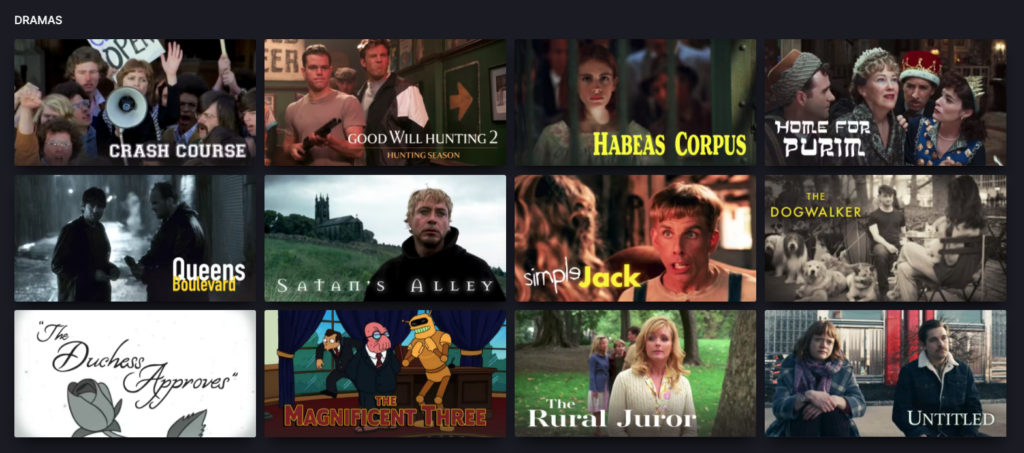The Tremendous 10 link roundup, #251
By Bill Keaggy (he/him)
- TV Is Full of Stories About Creative Work — Minus the Work Part | “HBO’s ‘Hacks’ is more interested in its characters’ personalities than their output. But plenty of great stories have been told about the creative process itself.”
- Scientists Invented a Simple New Test For Creativity, And You Can Try It Out | “The new method, called the Divergent Association Task (DAT), asks people to name 10 nouns that are as far apart in meaning as possible. “Cat” and “book” would be more divergent than “cat” and “dog”, for example.”
- The new hybrid reality: how we’re handling on-site vs remote client sessions | “There must be a parity of experience for all participants, whether on-site or remote, because collaboration and co-creation work best when you can create a shared experience.”
- On Being “Strategic” | “Ages ago, a work colleague / friend offered me the following piece of advice: ‘We need to make sure you’re seen as strategic’. I’ve thought about it a lot ever since. It was the first time I realised I was on the edge of (perhaps in?) the trap of ‘she’s just not that strategic’. Because, y’know, you can deliver huge projects, scale teams/processes/etc, fix systematic issues and still… just be ‘so great at execution’ “
- Math Can Be Truly Painful, Brain Study Shows | “For math-phobes, anticipation of math work activates pain centers in brain.”
- Our brains process information differently when we’re standing up versus lying down | “My colleagues and I at McMaster University have recently uncovered a wrinkle in our perception, which is allowing us to learn more about how that sense of balance works and how much it contributes to our perception. The wrinkle is this: when we lie on our sides, the brain appears to dial down its reliance on information related to the external world and instead increase reliance on internal perceptions generated by touch.”
- Neuroscience of imagination: How the brain thinks about music even in silence | “Our brains are very good at learning patterns and using that information to make predictions about what might happen next. For example, if you’re driving and see another car weaving dangerously in and out of traffic, you might instinctively give that car a wide berth, knowing that they could abruptly change lanes or brake unexpectedly. The same process of recognizing patterns occurs when we listen to music, explains Di Liberto.”
- It’s OK to Say No to More Work | “Remember to draw boundaries early and often — and always invoice for the forced “fun” of team-building activities.”
- A Year As A Nurse In The COVID ICU Gave Me PTSD. Now It’s Happening All Over Again. | “Every nurse in America right now is staring down this summer and this fall like it’s the barrel of a gun.“
- Nestflix | “The platform for your favorite nested films and shows. Fictional movies within movies? Got ‘em. Fake shows within shows? You bet. Browse our selection of over 400 stories within stories.”
